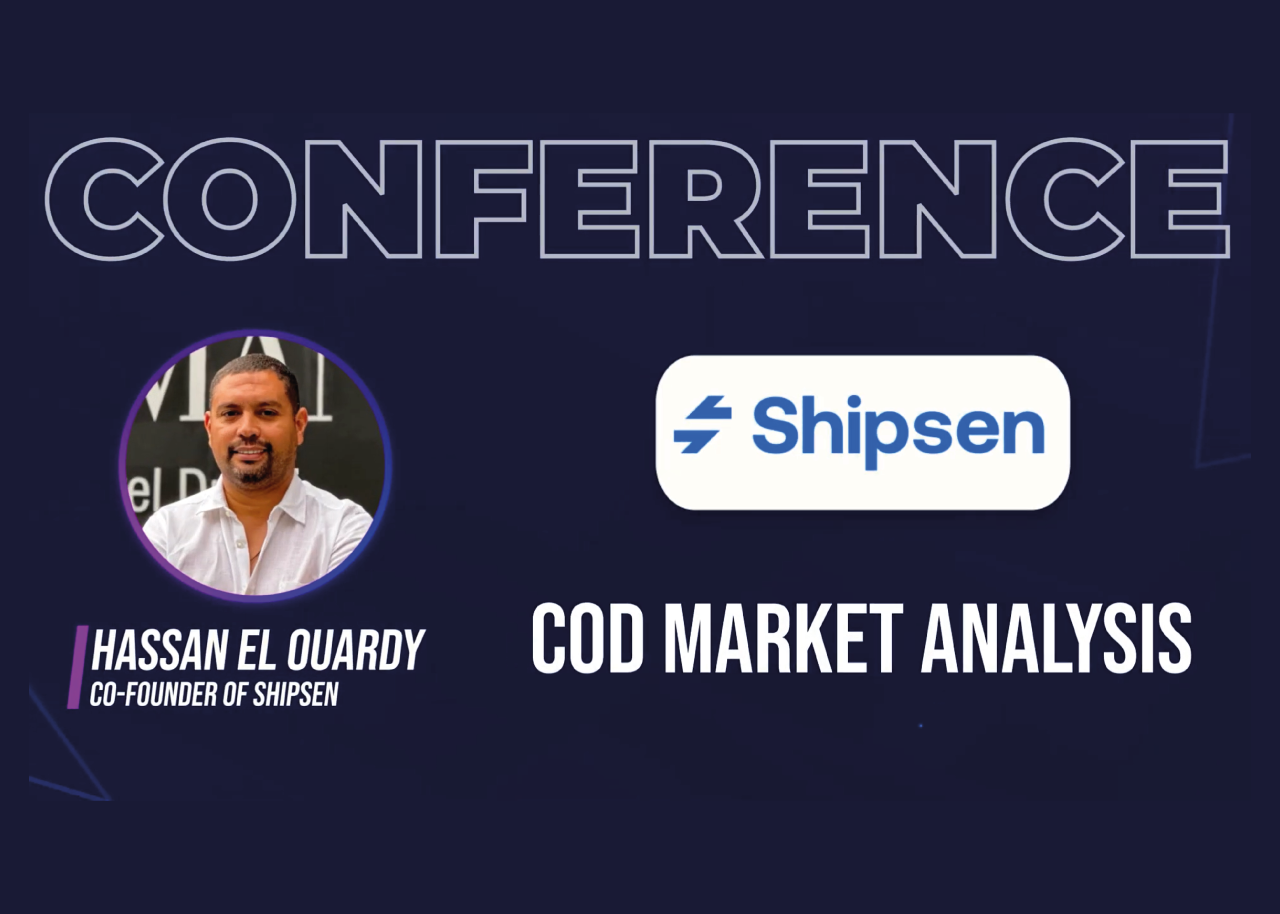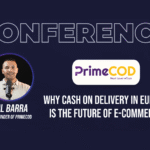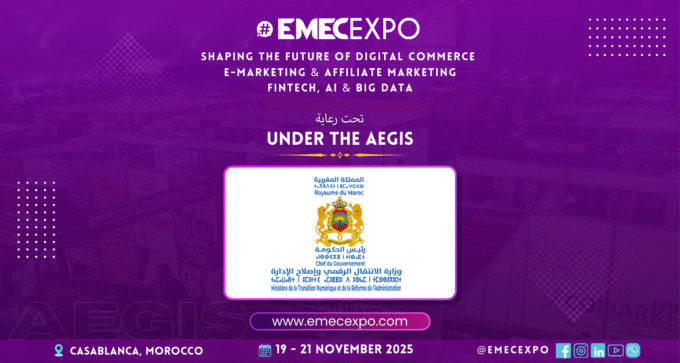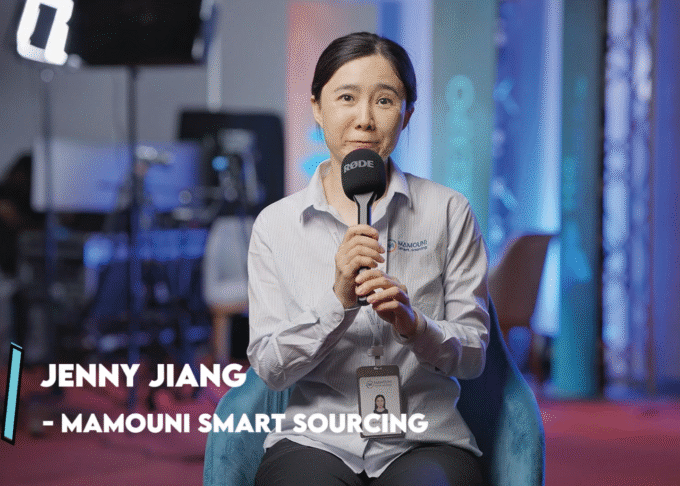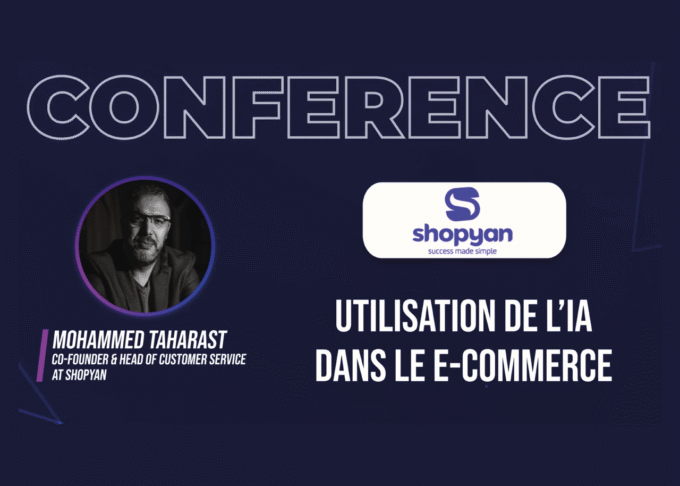The EMEC EXPO 2024 conference featured an insightful session, “COD Market Analysis,” providing a detailed look into the nuances of e-commerce across different regions, particularly for those involved in or considering Cash On Delivery (COD) models. The discussion, rich with practical advice and real-world observations, offers valuable guidance for both newcomers and experienced players in the online retail space.
The Foundational Principle: Mastering the Local Market First
A central theme of the session was the paramount importance of gaining a thorough understanding of the e-commerce process within one’s local market, specifically Morocco, before venturing into more complex territories like the Gulf or Africa. As the speaker emphasized, many individuals new to e-commerce inquire about starting directly in seemingly lucrative markets like Africa, often based on anecdotal information. However, the recommendation is clear: begin in Morocco to “close the circle of e-commerce”.
This approach is not necessarily about immediate profitability but rather about comprehending the end-to-end operational flow. This includes sourcing products, managing online advertising, customer relationship management, order fulfillment, stock management, and navigating relationships with shipping companies. By experiencing the entire process locally, entrepreneurs can develop a practical understanding of the intricacies involved. Attempting to operate in unfamiliar markets without this foundational knowledge can lead to confusion regarding service capabilities and a lack of understanding of market-specific dynamics. This strategy serves as a critical case study in risk mitigation, where the initial investment is in learning and process mastery rather than potentially costly mistakes in unfamiliar environments.
Market Selection: A Multifaceted Decision
Once a solid understanding of the e-commerce process is established, the decision of which market to target becomes crucial. The speaker highlighted several key factors that should influence this choice, moving beyond simply following trends. These factors, acting as a framework for market analysis, include:
- Personal Skills and Experience: Assessing one’s current e-commerce skillset (beginner, intermediate, advanced) is the first step. Different markets demand varying levels of expertise. For instance, the Gulf market might require more advanced skills, while starting in Africa could be feasible with more basic competencies. This self-assessment acts as a personal case study in aligning capabilities with market demands.
- Budget (Liquidity): The required investment to enter and operate in different markets varies significantly. This includes advertising costs and the cost of goods.
- The “Ticket d’entrée” or minimum investment needed to start effectively differs across markets.
- Analysis of Cost Per Lead (CPL) and its impact on scaling is essential. The speaker provided a comparative example: achieving 100 sales might require $2500 in advertising in the Gulf (assuming 5 leads per sale at $5/lead), $1500 in Morocco (3 leads per sale at $5/lead), and only $500 in Africa (5 leads per sale at $1/lead). This stark contrast serves as a quantifiable case study in budget allocation based on market efficiency.
- Ease of Market Access: This encompasses the availability of services like reliable shipping companies. While the Gulf and Africa have service providers, Morocco stands out as having a more straightforward initial setup, especially for those with local product sourcing.
- Competition Intensity: A highly competitive market necessitates a strong unique selling proposition and the ability to consistently identify “winning products”. New entrants might struggle to gain traction in saturated markets where established players have an advantage.
- Evolution of Customer Behavior: The level of customer sophistication plays a significant role. More mature e-commerce markets tend to have more discerning customers who are less susceptible to misleading advertisements. The speaker noted that in the early days of e-commerce, almost any product could sell, but now customers are more aware and critical of online offerings. This evolution is a market-wide case study in adapting to changing consumer expectations. The rise of “intelligence d’achat” (purchasing intelligence) signifies a shift where customers are more informed and harder to deceive.
The Importance of Continuous Learning and Strategic Networking
The session also touched upon the challenges of reaching growth plateaus and the significance of continuous learning. The speaker emphasized that one’s network and sources of information heavily influence their progress. Being surrounded by negative or unsuccessful individuals can hinder growth. Conversely, actively seeking knowledge through diverse channels like books, podcasts, and avoiding reliance solely on potentially misinformed social media groups is crucial. This highlights a solution-oriented approach where proactive learning and strategic networking are presented as key mechanisms for overcoming business limitations. The speaker’s personal commitment to daily learning, even after years of experience, serves as a compelling example.
Logistical Considerations: Shipping to Africa
Addressing a specific query about shipping from Morocco to Africa, the speaker outlined the available options, including air freight (costing between 65-75 MAD per kilogram with a 2-day transit time) and conventional cargo (20-25 MAD per kilogram with a longer transit time). While occasional issues with specific product types (e.g., cosmetics) might arise, direct shipping between Morocco and many African countries is generally feasible. This provides a practical, solution-oriented insight into a key operational aspect of cross-border e-commerce.
In conclusion, the “COD Market Analysis” session at EMEC EXPO 2024 offered a comprehensive and detailed perspective on navigating the e-commerce landscape. By emphasizing the importance of local market mastery, strategic market selection based on a multi-faceted analysis, continuous learning, and providing practical logistical insights, the session equipped attendees with valuable knowledge to make informed decisions and foster sustainable growth in their online ventures. The real-world examples and expert opinions shared underscore the dynamic nature of e-commerce and the need for a strategic and adaptable approach.


